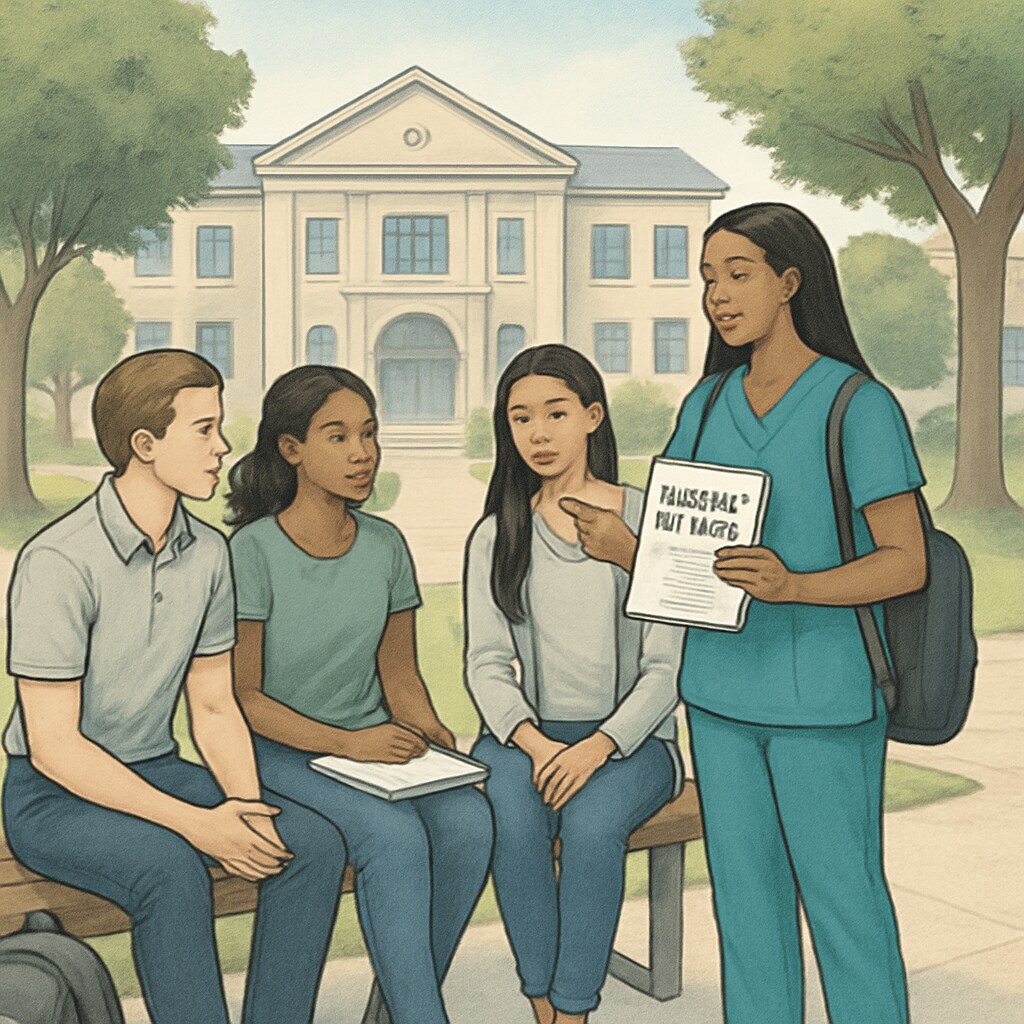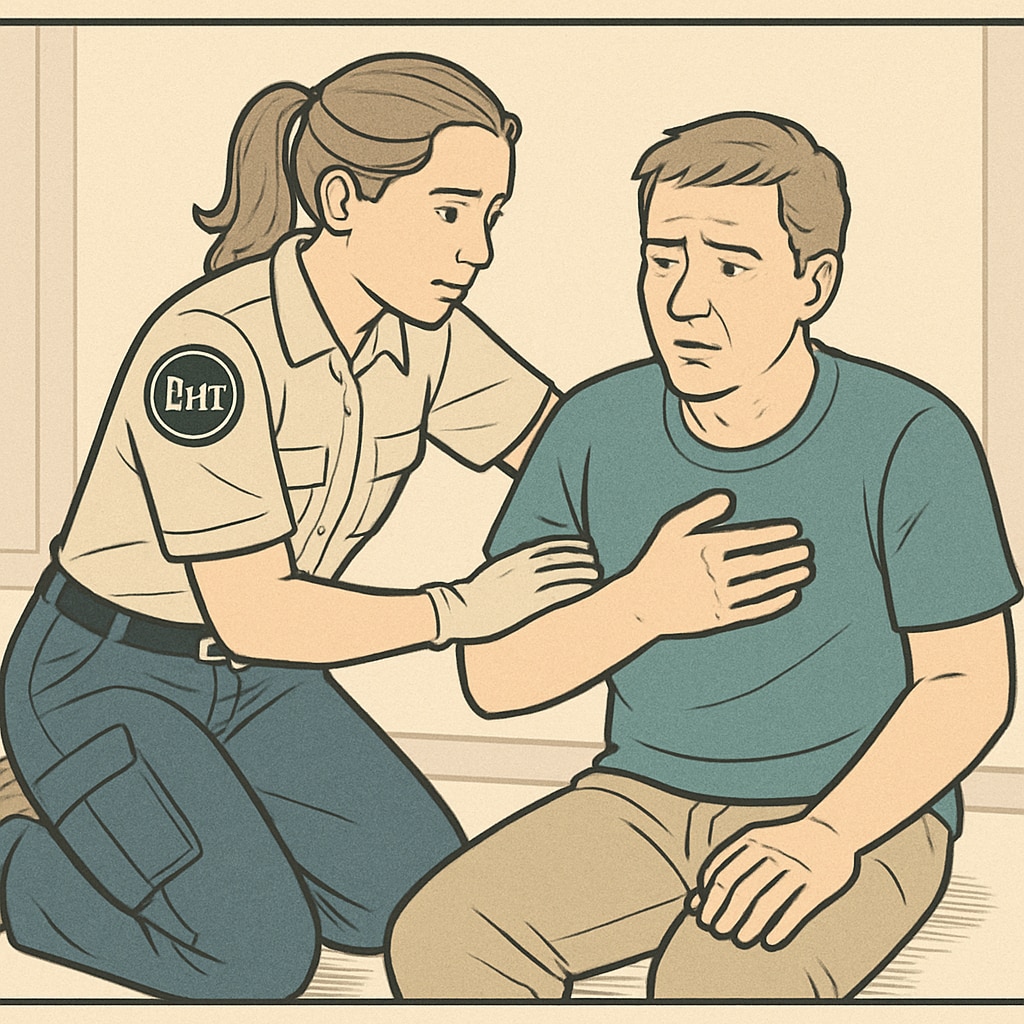For K12 students aspiring to pursue a career in healthcare, finding the right balance between rigorous nursing programs, college transfers, and EMT experience can be a rewarding yet challenging journey. While academic excellence is crucial, cultivating a fulfilling campus life and practical skillset is equally important. This guide explores actionable strategies to help students make informed decisions and excel both academically and socially.
Preparing for a Nursing Career in High School
High school is the perfect time to lay the foundation for a successful nursing career. Students can start by taking advanced science courses such as biology and chemistry to build their knowledge base. Volunteering at hospitals or clinics is another excellent way to gain firsthand experience in healthcare settings, which can also strengthen college applications.
In addition, consider obtaining certifications such as CPR or First Aid. These not only add value to your resume but also provide practical skills that will be useful in nursing programs. For students interested in gaining early exposure to emergency medical services, pursuing training as an Emergency Medical Technician (EMT) can be particularly beneficial.
Choosing the Right Nursing Program
Not all nursing programs are created equal, and selecting one that aligns with your goals is critical. Aspiring nursing students should research schools based on factors such as program accreditation, clinical opportunities, and NCLEX pass rates (National Council Licensure Examination). Additionally, it’s important to evaluate the campus culture to ensure it supports a well-rounded college experience.
For students considering community colleges or smaller institutions, transfer pathways to larger universities can be a viable option. Many community colleges have articulation agreements with four-year institutions, making it easier to transition into bachelor’s degree programs. Planning ahead and consulting academic advisors early can streamline this process.

Gaining Practical Experience Through EMT Training
EMT experience can be a significant asset for nursing students. Not only does it provide hands-on exposure to patient care, but it also helps build critical skills such as communication, quick decision-making, and adaptability. Moreover, working as an EMT while studying can offer networking opportunities within the healthcare industry.
For example, EMT training often includes real-world scenarios that mimic emergency situations, preparing students to handle high-pressure environments. This experience can give nursing students a competitive edge when applying for internships or advanced nursing roles after graduation.

Balancing Campus Life with Academic Goals
While nursing programs are rigorous, maintaining an active campus life is essential for personal growth and mental well-being. Joining student organizations, participating in sports, or engaging in campus events can help students build a strong support network and develop soft skills such as leadership and teamwork.
Time management is key to achieving this balance. Use planners or digital tools to organize your schedule and allocate time for both academic and extracurricular activities. Remember, developing a healthy balance between work and play can lead to a more fulfilling college experience overall.
Final Thoughts: Planning for Long-Term Success
Balancing nursing programs, college transfers, and EMT experience requires careful planning and dedication. Start by setting clear goals, researching your options, and seeking guidance from mentors or advisors. By taking proactive steps, students can prepare themselves for both academic success and meaningful careers in healthcare.
For more information on nursing education, visit trusted resources such as American Nurses Association or U.S. Bureau of Labor Statistics for career insights and program details.
Readability guidance: Use concise paragraphs and lists to summarize key points; maintain a clear structure with short sentences and transition words for better flow.


